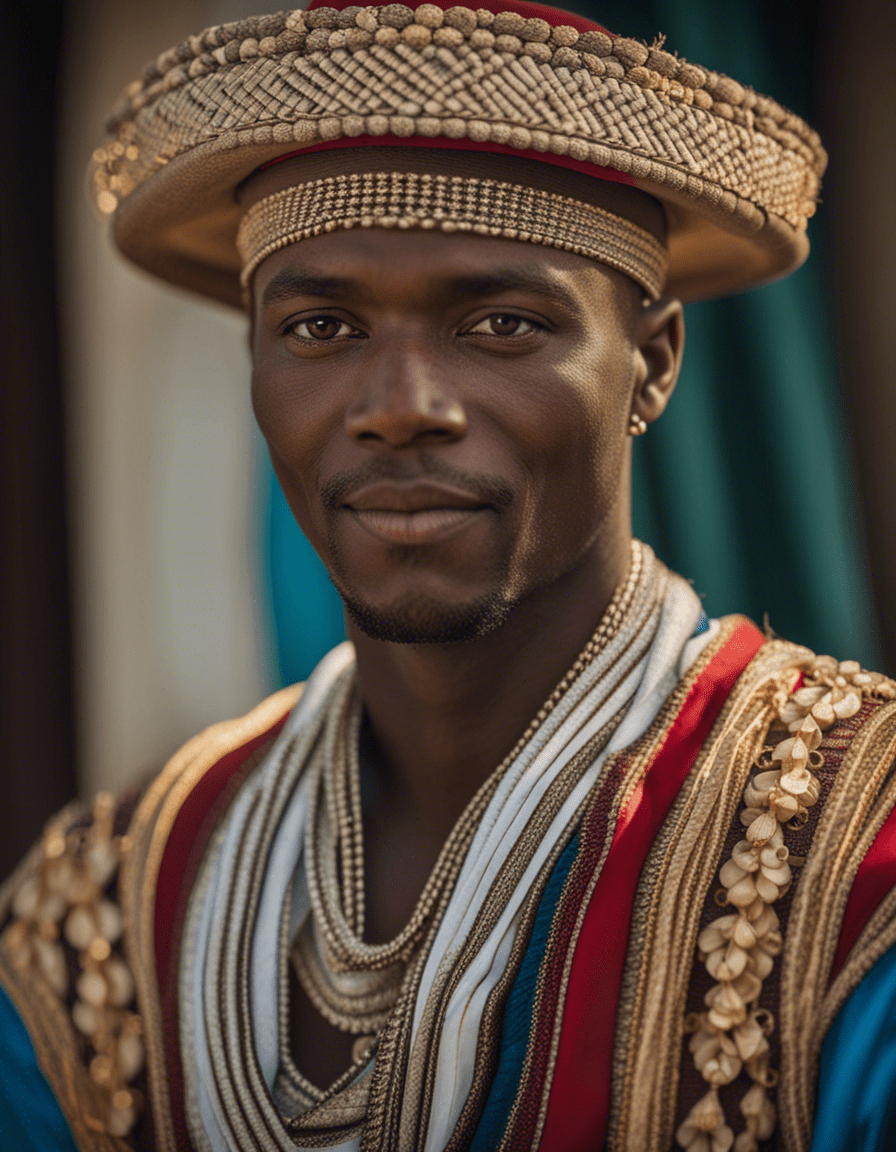
Haiti, officially known as the Republic of Haiti, is a Caribbean country located on the island of Hispaniola, which it shares with the Dominican Republic. Known for its rich history and vibrant culture, Haiti is the second-most populous country in the Caribbean. The capital city is Port-au-Prince.
Haiti is located in the Caribbean Sea, occupying the western third of the island of Hispaniola. It is characterized by mountainous terrain with coastal plains and valleys. The country is also prone to natural disasters, particularly hurricanes and earthquakes. Haiti’s climate is tropical, with some variation in temperature due to elevation.
Haiti has a rich and complex history. It was originally inhabited by the indigenous Taíno people before Christopher Columbus arrived in 1492. The Spanish, and later the French, colonized the island. Haiti became the world’s first black-led republic and the second independent nation in the Americas (after the United States) when it declared independence from France on January 1, 1804. The country has since faced numerous challenges, including political instability, poverty, and natural disasters.
Haiti is a semi-presidential republic, which means the President of Haiti is the head of state, and the Prime Minister is the head of government. The country has a multi-party system, and the structure of the government is divided into three branches: the executive, legislative, and judicial branches. However, political instability has been a recurring issue in Haiti’s history.
Haiti’s economy is one of the poorest in the Americas, with a significant portion of the population living under the poverty line. The economy is largely based on agriculture, with coffee, mangoes, and rice being the main crops. Remittances from the Haitian diaspora also make up a significant portion of the country’s economy. Despite these challenges, Haiti has potential for growth, particularly in sectors like tourism and manufacturing.
Haitian culture is a unique blend of African, Taino, and European influences. This is reflected in the country’s music, cuisine, and arts. The official languages are French and Haitian Creole. Voodoo, a religion with African roots, is recognized and practiced alongside Christianity. Haiti is also known for its vibrant festivals, the most famous of which is the annual Carnival.
| Cookie | Duration | Description |
|---|---|---|
| cookielawinfo-checkbox-analytics | 11 months | This cookie is set by GDPR Cookie Consent plugin. The cookie is used to store the user consent for the cookies in the category "Analytics". |
| cookielawinfo-checkbox-functional | 11 months | The cookie is set by GDPR cookie consent to record the user consent for the cookies in the category "Functional". |
| cookielawinfo-checkbox-necessary | 11 months | This cookie is set by GDPR Cookie Consent plugin. The cookies is used to store the user consent for the cookies in the category "Necessary". |
| cookielawinfo-checkbox-others | 11 months | This cookie is set by GDPR Cookie Consent plugin. The cookie is used to store the user consent for the cookies in the category "Other. |
| cookielawinfo-checkbox-performance | 11 months | This cookie is set by GDPR Cookie Consent plugin. The cookie is used to store the user consent for the cookies in the category "Performance". |
| viewed_cookie_policy | 11 months | The cookie is set by the GDPR Cookie Consent plugin and is used to store whether or not user has consented to the use of cookies. It does not store any personal data. |